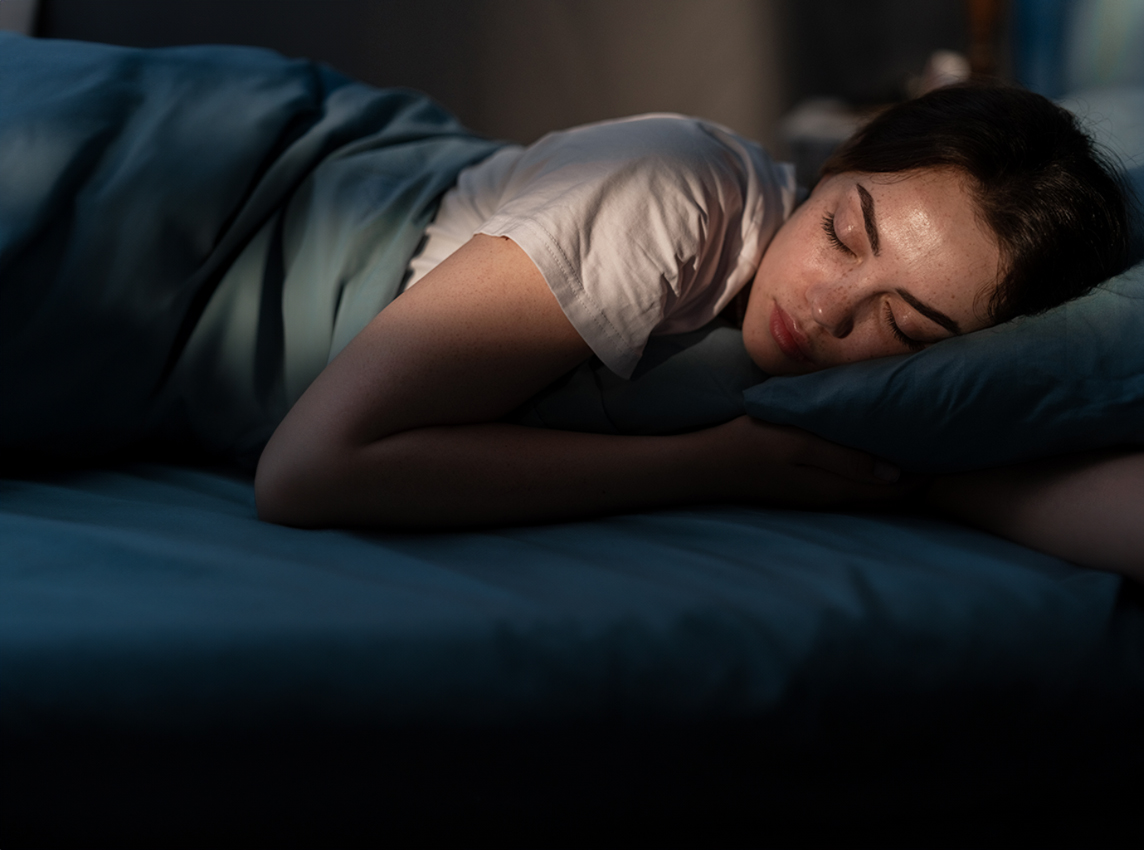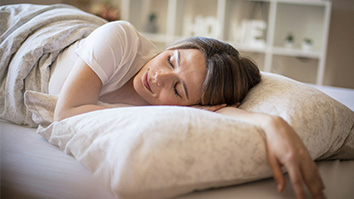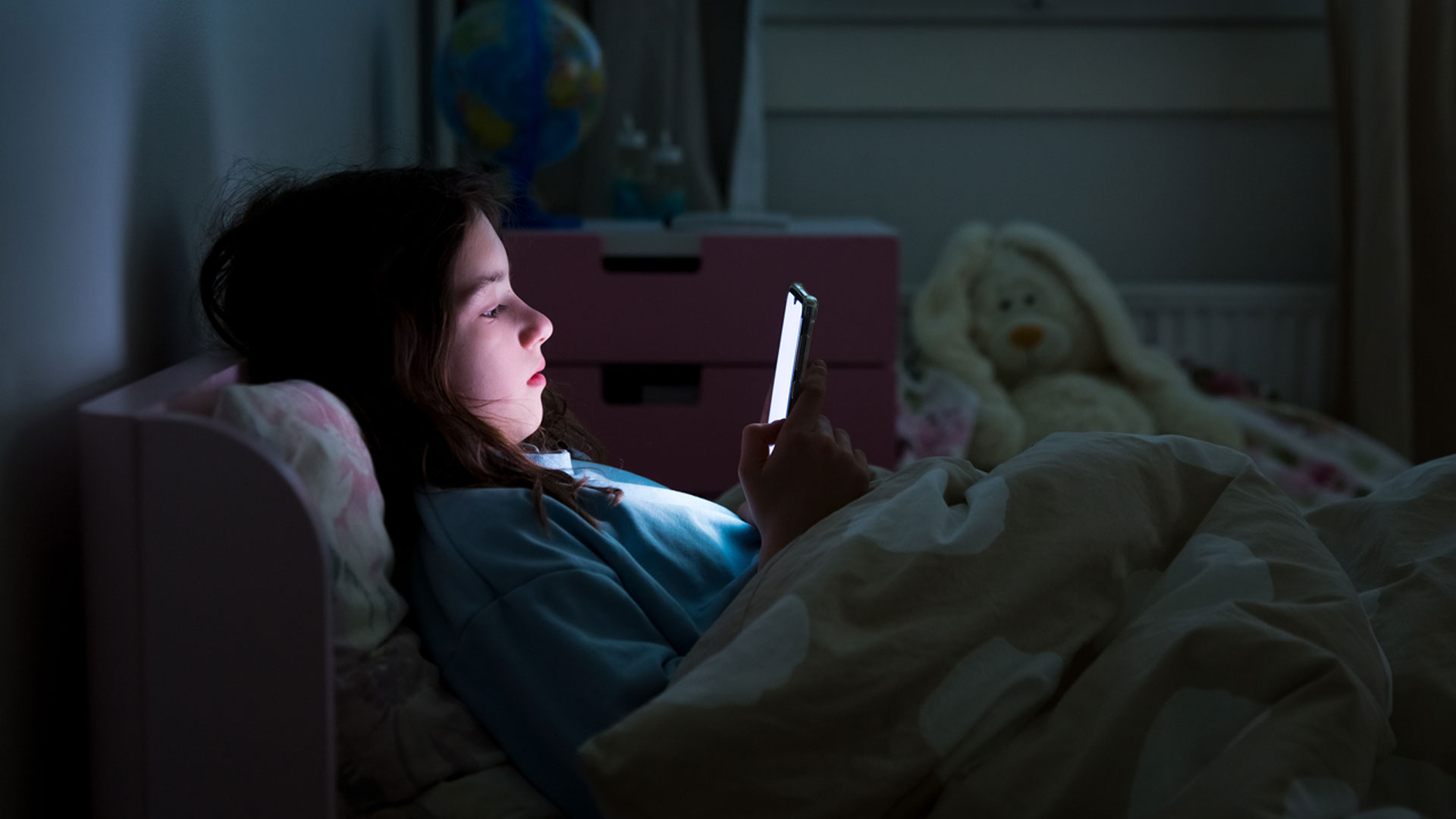
human sleep program
Driving innovation in sleep research
The Human Sleep Research Program is recognized for its dual expertise in conducting basic/clinical research studies as well as applied research and development (R&D) commercial work in the sleep tech space.
Real-world impact
Basic and clinical science
Our work includes several National Institutes of Health (NIH)-sponsored studies. We are investigating psychophysiological mechanisms underlying insomnia pathophysiology in adolescents and mid-life women using interventional and observational designs. Other areas of interest include:
- Developmental changes in sleep and brain structure and function across adolescence
- Links between sleep and memory in women
- The impact of pre-sleep psychophysiological manipulations (e.g., stress, alcohol intake) on sleep and cardiovascular regulation during sleep.
We use a wide range of innovative techniques including EEG, impedance technology, MRI and beat-to-beat blood pressure monitoring to gather physiological data which is further analyzed using sophisticated analytical techniques. These data are frequently combined with clinical and behavioral neuropsychological data.
Applied science and sleep technology
The Translational Sleep Technology Unit of the Human Sleep Research Program focuses on advancing science while also discovering and developing novel approaches and technologies to improve people’s sleep health and well-being. We also conduct validation and product development studies for commercial clients, particularly in the wearable technology space.
Basic science & consortium studies grants
The Human Sleep Research Lab has a diverse portfolio of research and clinical NIH-funded studies.
Commercial projects
The Human Sleep Lab has experience and expertise in sleep technology development and testing. Our sophisticated facility is equipped with state-of-the-art lab equipment capable of collecting a broad range of psychophysiological data on healthy sleepers and pathological sleep conditions. We have access to an onsite institutional review board (IRB) and have experience in developing protocols for R&D projects as well as clinical trials. We have worked with various commercial clients to validate, develop, and test investigational devices within the sleep technology space.
In addition, our team has a unique capability in testing the performance of novel sleep-tracking technologies — e.g., wearable sleep trackers such as smart multi-sensors wristbands — to assess sleep and other physiological signals against gold standard lab polysomnography, research, and clinical-grade equipment.
Recent publications
-
Associations between mesolimbic connectivity, and alcohol use from adolescence to adulthood
We examined the associations between alcohol use and ventral tegmental area resting-state functional connectivity to subcortical structures in 796 participants across 9 waves of longitudinal data from the National Consortium on Alcohol and Neurodevelopment in Adolescence.
-
Multi-domain predictors of grip strength differentiate individuals with and without alcohol use disorder
Grip strength is considered one of the simplest and reliable indices of general health. Although motor ability and strength are commonly affected in people with alcohol use disorder (AUD), factors predictive of grip strength decline in AUD have not been investigated. Here, we employed a data-driven analysis predicting grip strength from measurements in 53 controls…
-
Resting-state fMRI activation is associated with phenotypic features of autism in early adolescence
In this study, we aimed to explore if activation in brain regions of the default mode network (DMN), specifically the medial prefrontal cortex (MPC), posterior cingulate cortex (PCC), superior temporal sulcus (STS), inferior frontal gyrus (IFG), angular gyrus (AG), and the temporoparietal junction (TPJ), during resting-state functional magnetic resonance imaging (rs-fMRI) is associated with possible…
-
Aging, HIV infection, and alcohol exert synergist effects on regional thalamic volumes resulting in functional impairment
Regional thalamic volumetry detected normal aging declines, differential and accelerated volume losses in HIV, relations between age-related nuclear and performance declines, and exacerbation of volume declines in comorbid alcohol use disorder contributing to functional deficits.
-
Anterior and Posterior Thalamic Nuclei Correlates of Memory, Attention, and Motor Processes in HIV Infection and Alcohol Use Disorder Comorbidity
Here, we examined relations between thalamic subregions (anterior, ventral, medial, and posterior) and neuropsychological functions (attention/working memory, executive functioning, episodic memory, and motor skills) in relation to HIV and alcohol use disorder.
-
Menstruation Problems and Sleep Interactions: Implications for the Mental Health of Adolescent Females
Internalizing symptoms are associated with menstrual cycle characteristics and menstrual pain in female adolescents, especially in those with shorter sleep and later bedtimes. The relationship between the menstrual cycle, sleep, and psychophysiology needs to be integrated in healthcare practice to promote well-being and resilience in young female adolescents.
Our experts in human sleep research
-

Fiona C. Baker
Director of Center for Health Sciences and Human Sleep Research Program, Biosciences Division
-

Simone Behar-Seilo
Clinical Psychologist, Human Sleep Research Program
-

Eva M Müller-Oehring
Senior Research Scientist, Human Sleep Research Program
-

Orsolya Kiss
Research Scientist, Human Sleep Research Program
-

Marie Gombert-Labedens
Postdoctoral Fellow, Human Sleep Research Program


